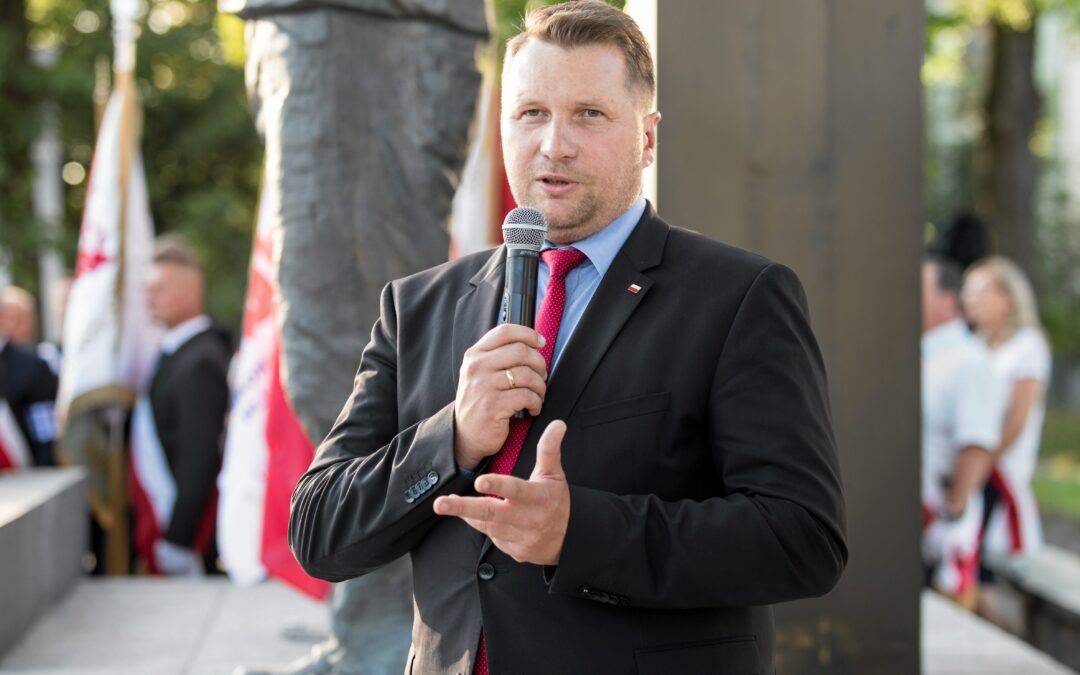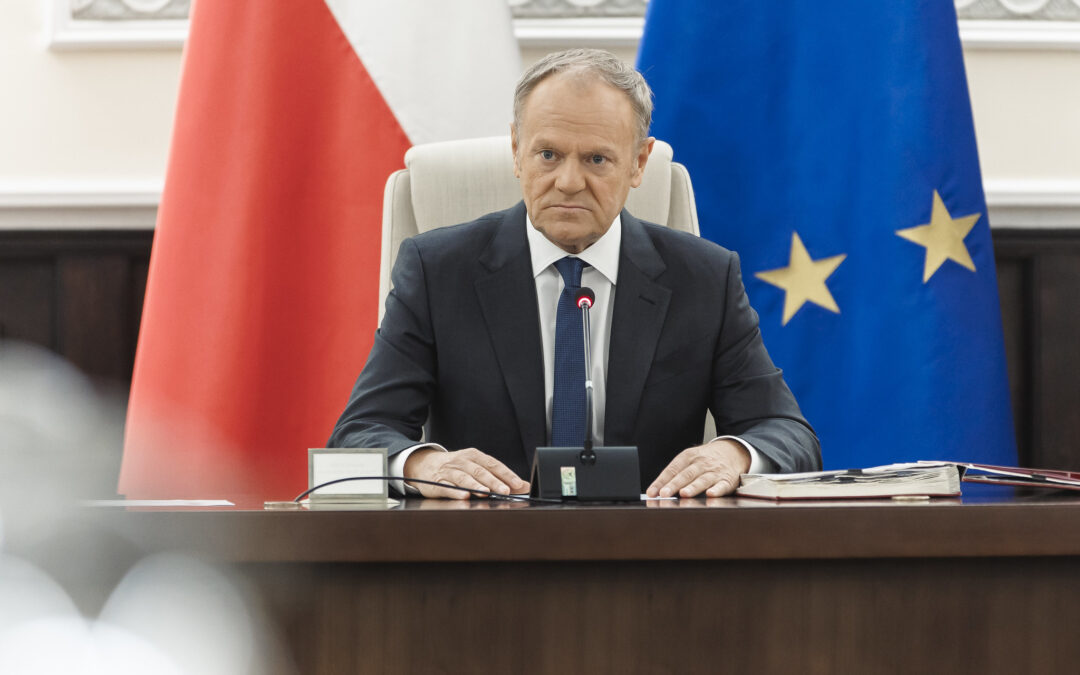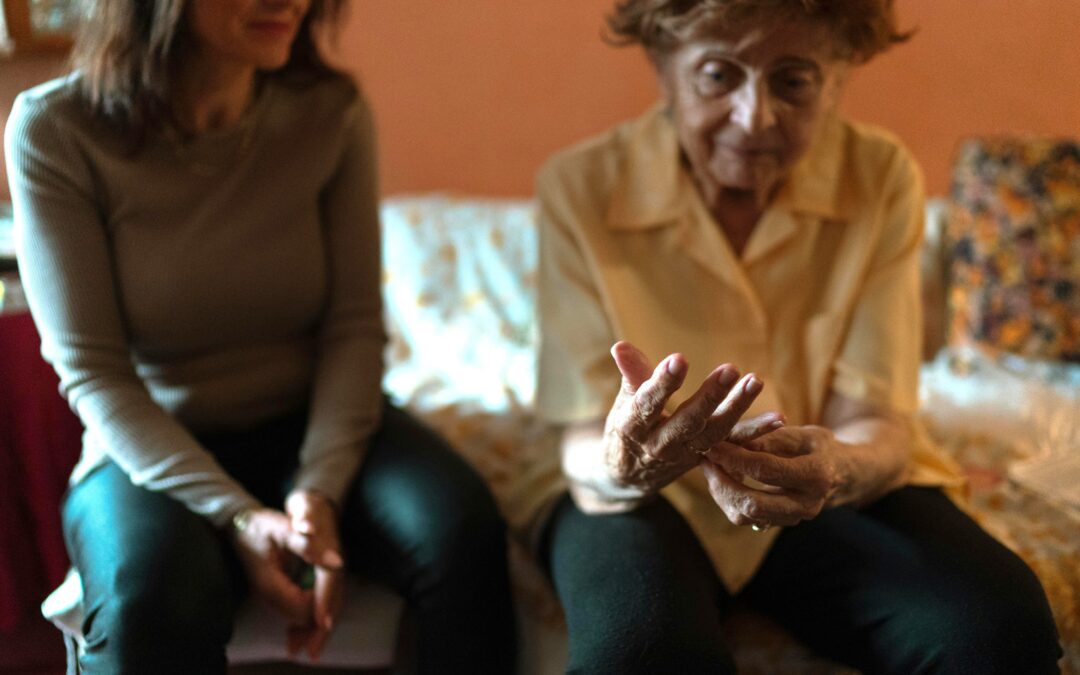Poland’s education minister has announced his intention to stop school pupils from being able to drop both religion and ethics classes. Currently, students are allowed to opt for either or both of the two subjects (with religion consisting of Catholic catechism) or to attend neither.
In the same interview, Przemysław Czarnek revealed that he was hoping to soon present parliament with an academic “freedom package” that will “free conservatives at universities”. He has also this week identified education on family life as his priority for the next school year.
“We would like to abolish what was introduced years ago, meaning a choice between three options: religion, ethics or nothing,” Czarnek told Gazeta Polska. He went on to say that “nothing” became a common choice, especially in large cities.
“This ‘nothing’ contributes to masses of people who share a totally unthinking attitude towards life,” he added, stressing that obligatory attendance at religion or ethics classes would ensure that at least “some message about the values system will reach young people”.
Religion classes, though they take place in and are funded by public schools, have a curriculum and teachers chosen by the Catholic church. Attendance at the optional lessons has been declining in recent years, though a majority of children still take part.
There have also been growing voices questioning whether the classes should continue to be paid for and hosted by the state, with around 1.5 billion zloty (€327 million) of taxpayers’ money going on the teaching of religion annually.
In the interview for Gazeta Polska, Czarnek also pledged to introduce changes to the history curriculum, with more focus on events from the 21st century. Currently, the classes only go as far as Poland’s access to the European Union in 2004.
“We need to supplement it with the following 15 years,” said the minister. He added that this should include telling “the truth” about the 2010 Smolensk plane crash. Official investigations showed that it was an accident, but the current ruling party has suggested that it may have been a deliberate attack.
In separate remarks earlier this week, Czarnek said that his “priority” for the next academic year would be the teaching of “education for family life”, an optional subject that is currently taught in schools.
“The future of our society and the strengthening of values depends on the work” of teachers of this subject, he said, quoted by TVN24, “especially in these times of family crisis, which unfortunately also makes itself felt in Poland”. As such, the education ministry is planning to create ten new education centres to better train those teachers.
Earlier this year, Czarnek, who is known for his ultra-conservative views, called for schools to use the teachings of former Polish pope John Paul II to instruct children in business and sexuality.
In the interview with Gazeta Polska, the education minister also revealed that work is advanced on an “Academic Freedom Package” that he hopes to soon present to parliament. Its “purpose” is to “free conservatives at universities”, he said.
One of the elements will be to remove the possibility for disciplinary proceedings against anyone expressing their worldview. The minister has previously claimed that conservative academics are victims of a “dictatorship of left-liberal views” in universities.
“Beliefs that marriage is constituted by a husband and a wife, while a father is a father, and a mother is a mother, are beliefs that can be expressed at universities and no one can be held accountable for them,” Czarnek told Gazeta Polska.
The minister also pointed to the case of Ewa Budzyńska, a sociology professor, who quit her job at the University of Silesia after being accused by students of “imposing” anti-choice, homophobic, antisemitic and radical Catholic views on her class.
Czarnek himself has faced similar accusations. After his appointment last year, hundreds of scholars both in Poland and abroad called for him to be boycotted over his “homophobic, xenophobic and misogynistic views”.
The education minister has become known in particular for his anti-LGBT views. In 2019, he said that “LGBT ideology comes from the same roots as Nazism” and that its adherents “are not equal to normal people” so we should “stop listening to this idiocy about human rights or equality”.
Czarnek, however, denies the claims against him, accusing his critics of spreading “Marxist lies”. He says that he cannot be a misogynist because he respects the Virgin Mary and his wife.
Main image credit: Jakub Orzechowski / Agencja Gazeta

Agnieszka Wądołowska is deputy editor-in-chief of Notes from Poland. She is a member of the European Press Prize’s preparatory committee. She was 2022 Fellow at the Entrepreneurial Journalism Creators Program at City University of New York. In 2024, she graduated from the Advanced Leadership Programme for Top Talents at the Center for Leadership. She has previously contributed to Gazeta Wyborcza, Wysokie Obcasy and Duży Format.




















